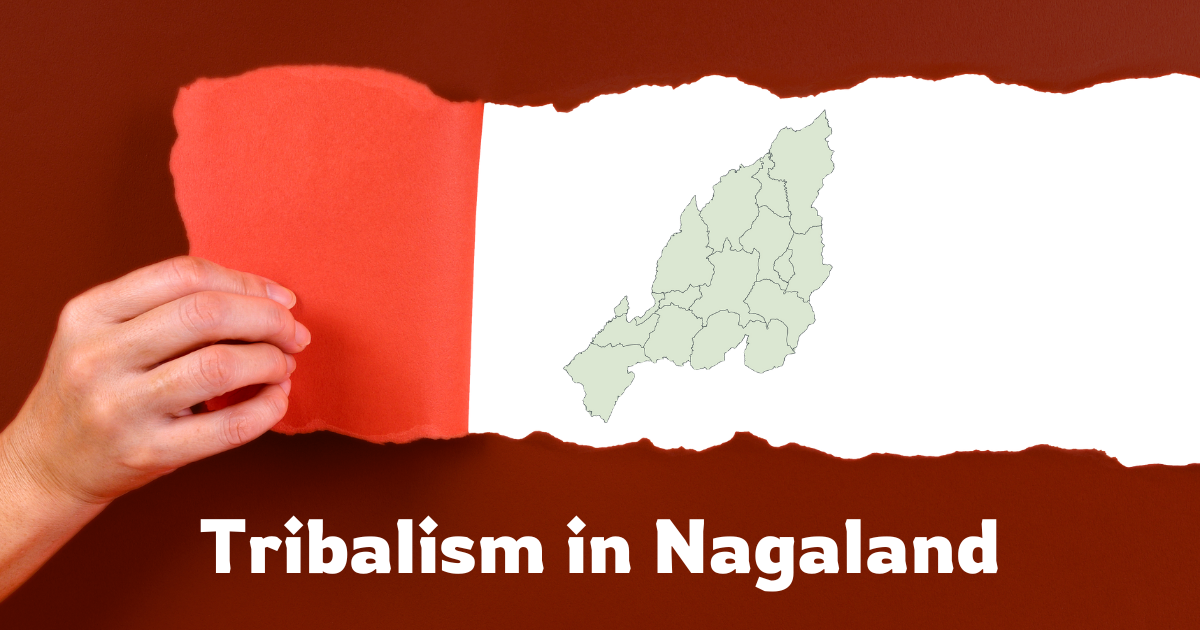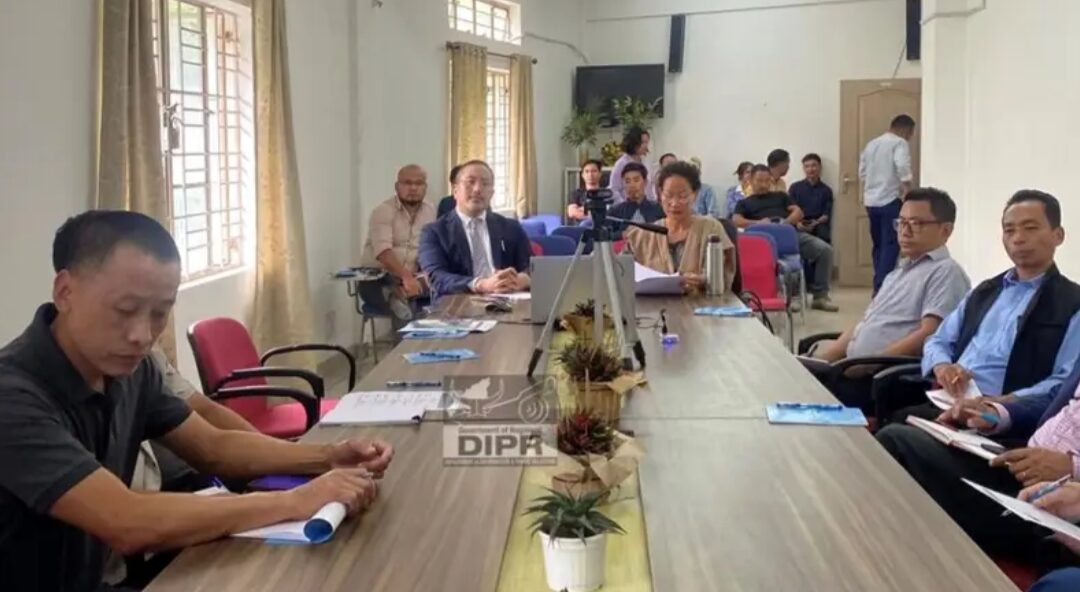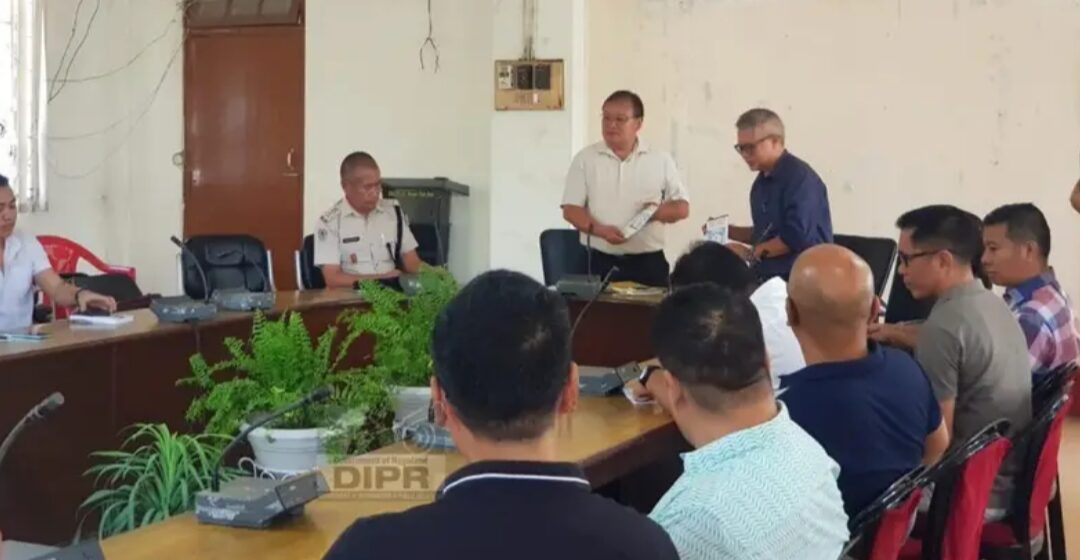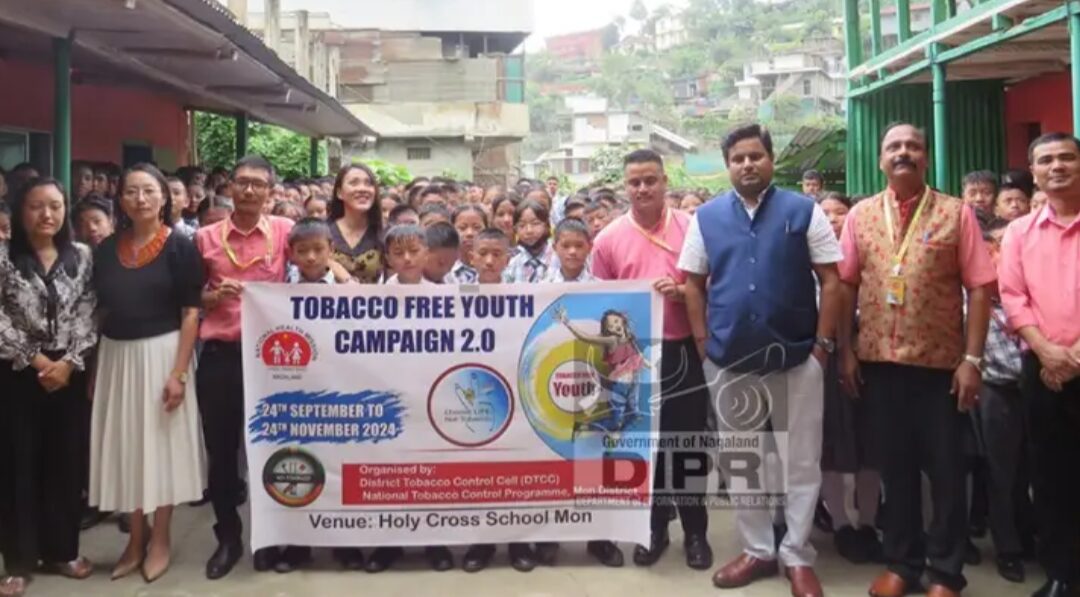Nagaland, a vibrant state in Northeast India, is home to numerous Naga tribes, each with its unique culture. Tribalism in Nagaland, the deep loyalty to one’s tribe, has shaped its history and continues to challenge Naga society.
Pre-colonial conflicts and the complexities of British rule and Naga nationalism have fuelled this phenomenon. Tribal divisions hinder progress in Nagaland, impacting politics, society, and development.
This article explores the history and ongoing impact of tribalism in Nagaland, alongside efforts to foster unity and celebrate the rich diversity of the Naga people.
Historical Context
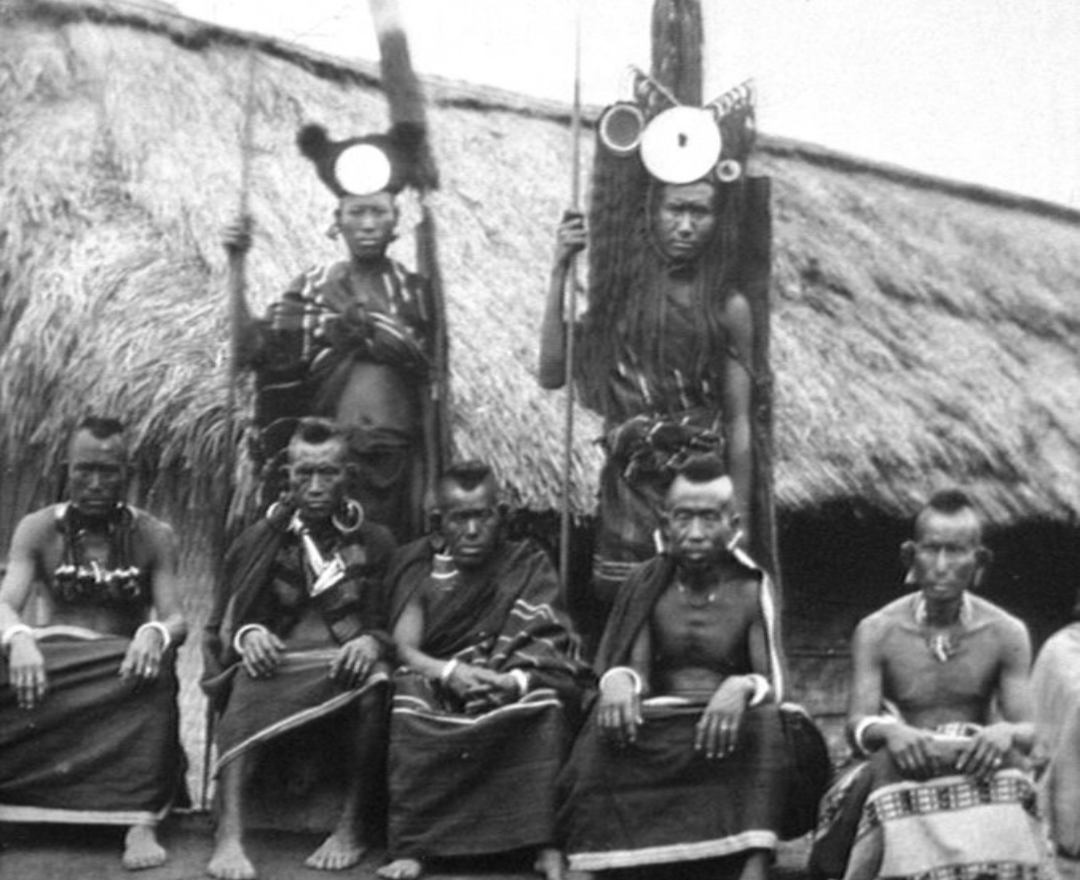
Nagaland’s tribalism stems from a complex history. Pre-colonial life saw limited interaction between tribes, each with its own language, culture, and practices like the feast of merit and the ‘morung’. This isolation, along with traditions such as headhunting, led to inter-tribal conflict.
British rule brought all Naga tribes under one administration but also employed divide-and-rule tactics, deepening tribal distrust. The early 20th-century Naga nationalist movement, while seeking unity and independence, faced struggles with internal tribal divisions.
Also Read: ENPO Announces Election Boycott Over Unfulfilled Statehood Promise
The creation of Nagaland state in 1963 marked a significant step towards autonomy, but lingering tensions and conflicts over a separate Naga homeland continue. Understanding this complex past, shaped by diversity, colonialism, and self-determination struggles, is vital to addressing the impact of tribalism in Nagaland today.
Manifestations of Tribalism
Tribalism deeply permeates Naga society, shaping politics, social life, and economic progress. In politics, tribal loyalties fuel factionalism and separatism, evidenced by groups like the NNC and the NSCN. Political parties often fall along tribal lines, creating a fragmented system.
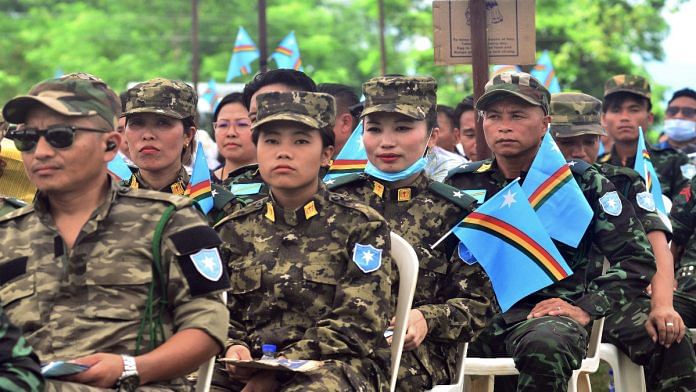
Socially, tribalism encourages discrimination as people favour their own tribe. This creates barriers, hinders inter-tribal understanding, and weakens the potential for united action among the Naga people. Tribal ties also foster nepotism and corruption within the economic sphere, leading to uneven development. Resources and opportunities are often unfairly allocated based on tribal connections rather than merit.
These manifestations extend beyond politics, society, and economics. They weaken traditional institutions and values, impacting Naga life in areas like education, employment, and culture. To address tribalism in Nagaland, a complex, multi-faceted approach is needed. This demands unity among the government, civil society, and the Naga people to build shared identity and inclusive progress.
Also Read: Arunachal Christian Forum Backs Congress, Sparks BJP Fury
Factors Contributing to Tribalism in Nagaland
Nagaland’s tribalism stems from a range of complex factors. The state’s rich diversity of over 16 tribes, each with unique languages and customs, creates a beautiful tapestry but also hinders a sense of collective identity. Historical conflicts between tribes persist, with lingering memories of headhunting and territorial disputes fuelling ongoing distrust.
The absence of a strong, unifying Naga identity further complicates the issue, compounded by power-hungry tribal leaders who exploit divisions for personal gain. This uneven concentration of resources contributes to tensions.
To combat tribalism, Nagaland must build bridges through dialogue, cultivate a shared identity, and strive for truly equitable development that benefits all tribes. This requires a united effort from the government, civil society, and the Naga people themselves.
Also Read: Deputy CM Yanthungo Patton Unfazed by ENPO’s Election Boycott
Impact of Tribalism
Tribalism has had a detrimental impact on Nagaland’s progress and development, affecting various aspects of Naga society. It has led to political instability, unequal development, and the marginalisation of certain tribes.
The strong emphasis on tribal identities has created social divisions, weakening the social bonds and cultural heritage of the Naga people. Tribalism has hindered the pursuit of a shared vision for Nagaland’s development, limiting the state’s ability to leverage its resources and potential for the benefit of all its citizens.
Addressing the impact of tribalism requires promoting inclusive development, ensuring equal opportunities, and fostering a sense of unity among the Naga people, with a focus on the common good rather than narrow tribal interests.
Also Read: YAA Tells Teachers to Report or Face Consequences
Efforts to Address Tribalism in Nagaland
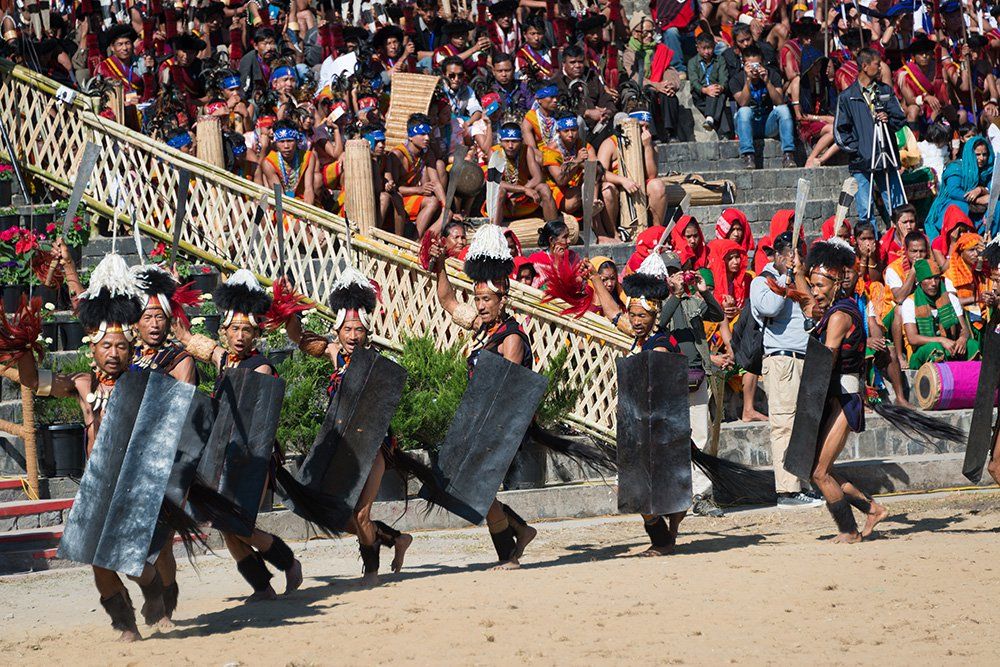
To combat the negative effects of tribalism in Nagaland, concerted efforts are underway to build a more inclusive society. Civil society groups like the Naga Hoho and Naga Mothers’ Association promote inter-tribal understanding through workshops and cultural events.
Religious institutions, particularly the Baptist Church, advocate for peace, reconciliation, and provide vital social services to marginalised tribes. The Naga Students’ Federation (NSF) fosters unity among Naga youth through inter-tribal events.
The government supports these efforts, implementing policies that promote equitable development and emphasising a shared Christian identity under the banner of “Nagaland for Christ”.
While progress has been made, overcoming deep-rooted tribalism requires continuous collective effort. This means embracing a mindset that transcends narrow tribal interests, celebrating diversity as a strength for the advancement of Nagaland.
Also Read: Tsungiki-Philimi Community Fishing: Uniting Sumis and Lothas for Two Decades
Conclusion
Tribalism in Nagaland is a longstanding challenge that affects the state’s unity and progress. To move forward, Nagaland must build a shared identity that celebrates diversity while focusing on the common good. Civil society, religious groups, government, and students have important roles to play in this process.
By embracing inclusivity, equality, and justice, Nagaland can overcome tribal divisions and create a more prosperous future – a powerful example for the entire Northeast region and India.
